After an evening of trail work energy levels followed the arc of the sun. Roots hid in shadows grabbing clumsy worn leather boots. Flying bowling balls shattered calm nighttime air. “Turkeys!” my dad said as he grabbed my arm. The atmosphere quickly froze as they clasped branches peering at us like gargoyles.
Later that night an image of looming black blobs floated in my head as my dad talked about the turkey’s roosting patterns. “Turkeys hate to fly. But in the case of danger or sleeping they catapult their body’s up into the trees,” he added with a lesson on an animal that thrives in the Vermont habitat.
I had always been curious with my dad’s draw to the forest, starting the first time I awoke to our door’s rooster like caw early in the morning. If it wasn’t for this wakeup call my family wouldn’t have the labyrinth of trails that weave our woods together. My brother and I also wouldn’t have the respect or knowledge for the natural world that we carry with us today. I started taking on a liking for nature through trail building experiences.
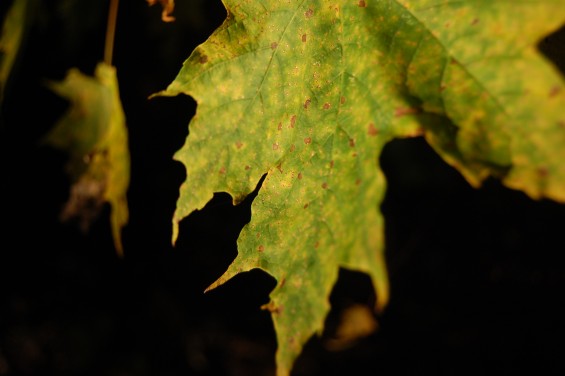
In 2000, Vermont’s Framework of Standards and Learning Opportunities for grades 5-8 added Standard 4.6, Understanding Place. This standard requires students to “apply knowledge of local environment through active participation in local environmental projects,” states the guidelines. Could this be the gateway to piggyback trail building programs in schools that would provide students places to recreate and learn about the natural environment surrounding their homes?
Six years ago a study on garden curricula provided results on the positive changes in kids’ food behavior and science achievement. However, they “did not demonstrate that children’s environmental attitude or social behavior consistently improves with gardening,” said Dorothy Blair in her 2009 study. Vermont strongly believes in school gardening as a tool for education, yet with the addition of trail building there is potential to close the gap in children’s environmental behavior and social behavior.
In a recent poll on Pinkbike they asked, “Are we investing in the future, or bleeding the present dry?” The industry has responded in some ways like Specialized Bicycles recent program designed to help ADHD affected children through bicycle riding. If the bicycle industry supported environmentally focused programs there is potential in our state and country to create more respect for the natural world around us. Encouraging kids to build trail while educating them on the local environment could be beneficial for the health of our states landscape and local communities.
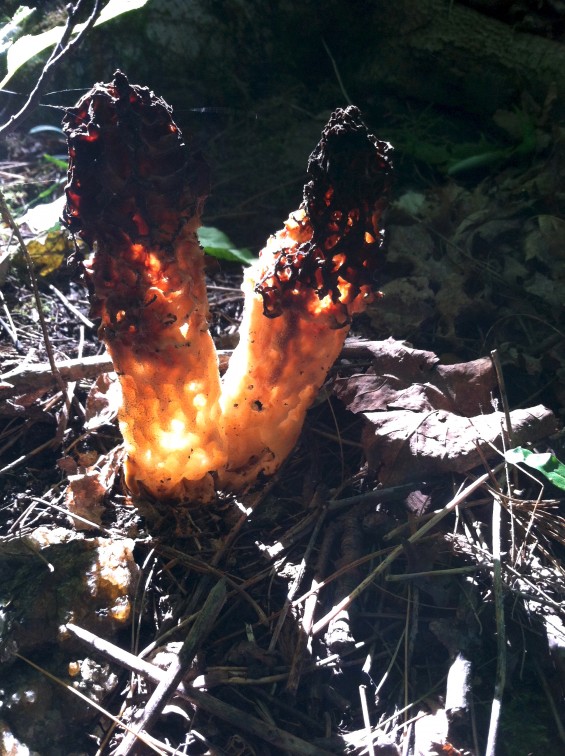
Due to the lack of environmental education throughout my younger years a shovel goring Vermont’s root encapsulated soil brought light to the importance of our ecosystem. One day while removing the accumulated debris in my dirt jump’s drainage, a family of mice fled the scene like teens at an underage party. Unfortunately that day I was the fun police as I removed their leafy home. Jumping after they had left the hole, I stood in disbelief. I didn’t mean to do it, but had ruined their home. Curious, I finagled the heap of leaves. This wasn’t some half-ass house that had been thrown together on a whim. The outside layer looked like any leaf pile, but the mistake had taught me about habitat and nesting patterns.
From wild leeks to funky toadstools, or tree types, kids gain more respect for nature when they experience what’s around them. By pairing the work of bike clubs, local organizations, and bicycle brands with schools we could encourage this type of learning. It may need to be ignited through grants like the 2012 PEP (Physical Education Program) grants, but could provide a curriculum template for schools to use and experiment with. These grassroots projects would get kids out into their community forests to build trail while educating them on ecology, land management and erosion control. As a small alternative state, Vermont could set the groundwork to change the way we teach our students about nature.

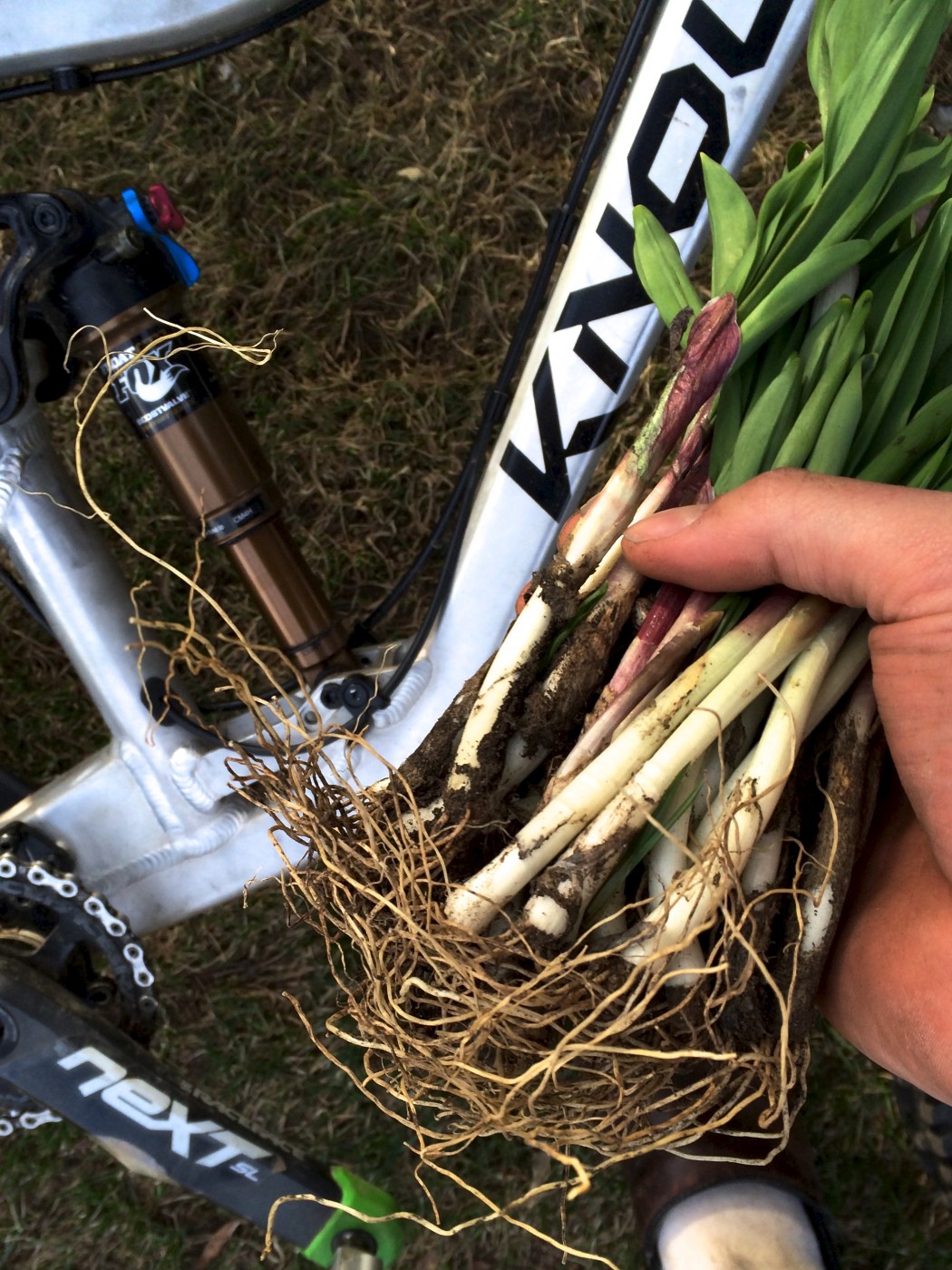
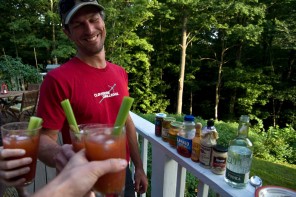

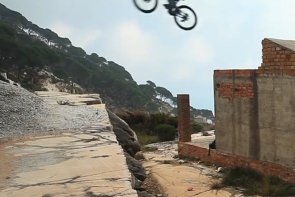
Great writing and informative……could use a few hyphenating,
spoken like a true loving grandma